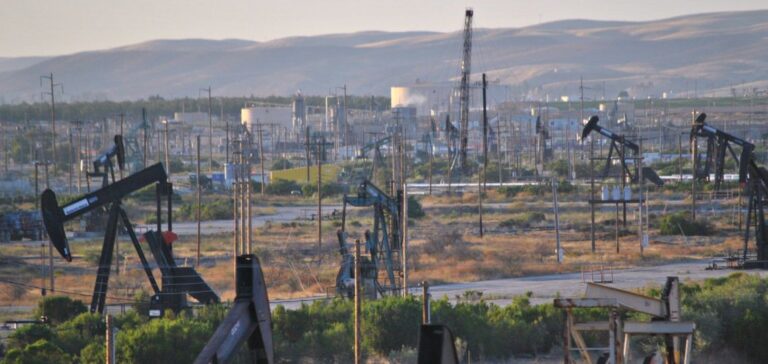Major oil companies gathered in Houston for the CERAWeek conference have highlighted a strategic refocus on hydrocarbons. After several years of investment in renewable energy, insufficient financial returns and shareholder pressure have led these companies to reinforce their oil and gas assets. This shift is supported by favourable public policies in the United States, where the Trump administration is easing regulations on extraction and exploitation.
BP and TotalEnergies refocus their priorities
BP has confirmed a reduction in its investments in low-carbon energy, increasing its allocation to oil and gas. Chief Executive Officer Murray Auchincloss emphasised that the company was returning to its core business, prioritising exploration and production projects in North America and the Middle East. Meanwhile, TotalEnergies is expanding its portfolio in liquefied natural gas (LNG) while adjusting its renewable energy strategy. Patrick Pouyanné, Chairman and CEO of the group, stressed the need to balance energy transition with investment profitability.
An economic context favourable to hydrocarbons
The rise in global demand for oil and gas strengthens the position of producers, particularly due to increasing needs in Asia and a slowdown in investments in alternative energy sources. The International Energy Agency (IEA) recently revised its oil consumption forecasts upwards, anticipating continued growth over the next decade. This trend reinforces the majors’ strategic choices, despite regulatory uncertainties in certain regions of the world.
A pragmatic approach to market pressures
Oil company executives are advocating a pragmatic approach, emphasising the necessity of a stable energy supply. While energy transition ambitions remain on the agenda, they are now subordinated to profitability and supply security imperatives. In Houston, the sector’s optimism is driven by political decisions aligned with producers’ interests and the confirmation of hydrocarbons’ competitiveness amid market challenges.





















